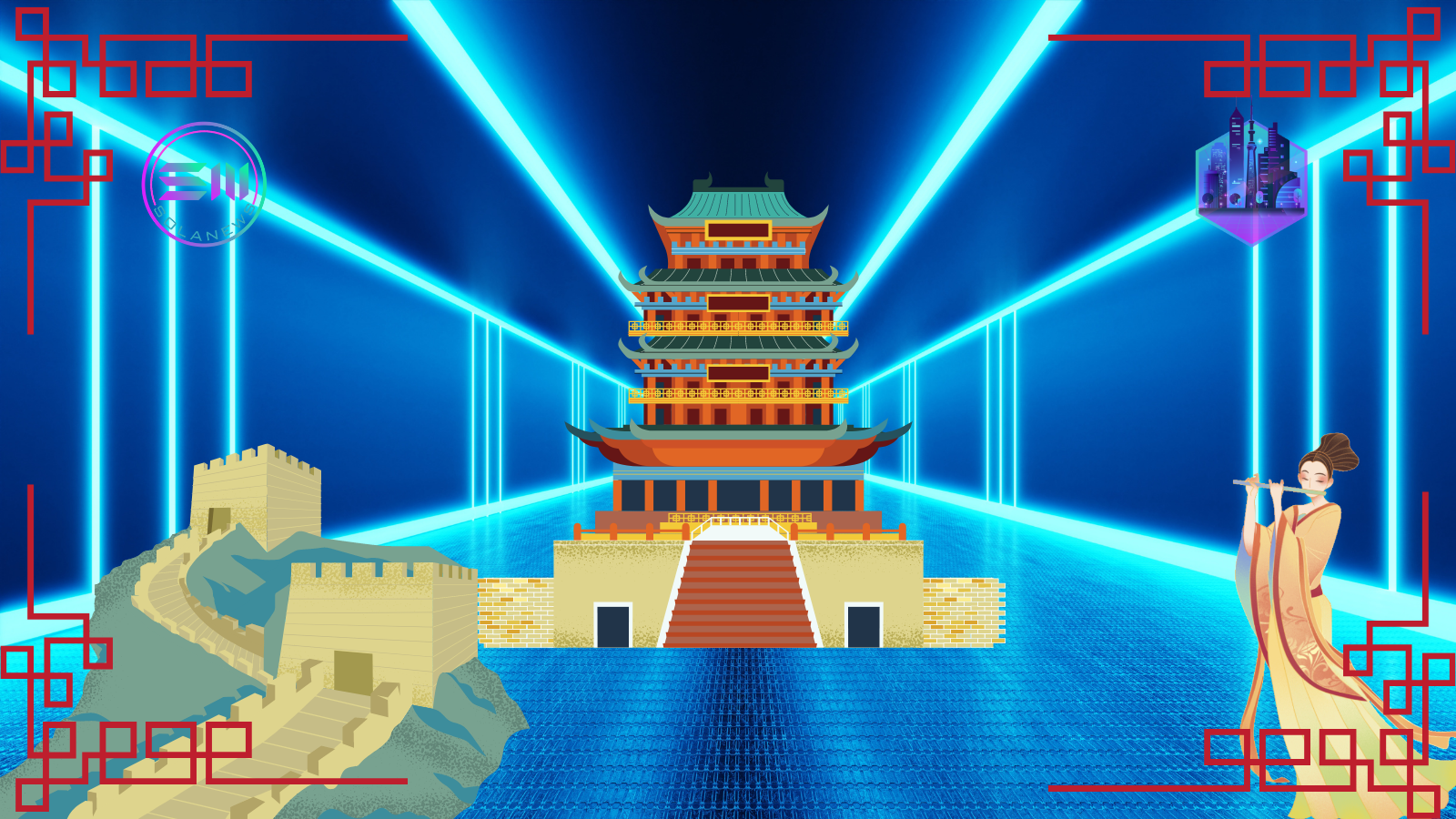Municipalities are to track NFT technology trends and integrate tourism and education.
Beijing is builidng upon the metaverse. There is no question that China has been very strict about NFTs and their sales and implementation. In fact the Chinese government has been very vocal about web3 technology and rules about it. At times it seems as if the Chinese government bans things only to allow the same thing they ban when it becomes convenient or useful to meet a certain goal.
Decentralization in itself is a departure from the normal way things are done today in a web2 society. Think of how one element has the control of all aspects of a project and turn that upside down giving more power to the users and less to centralised governing bodies; in fact, governance is given to holders of tokens of DAOs which are authority bodies running on smart contracts, meant to be immune from central authorities like regulators or central banks. Although we have now seen smart contract-powered decentralised application Tornado Cash recently slapped with sanctions. DAOs then don’t seem to be compatible with centrally planned economies.
The great red wall was a moniker given to the strict firewall placed on the internet accessible to users in China that was part of a system for censoring content conveying a message contradictory or not beneficial to the image or message condoned by the government. It is hard to see NFTs or a Metaverse built on decentralised technological infrastructure flourishing in this environment.
Nevertheless, Beijing has made an announcement on their plans for the metaverse focusing on tourism and education and requires various municipalities to track trends of NFTs.
The plan requires all districts to adhere to a newly released web3 innovation plan. However, it is important to note that Web3.0 has a fluid definition. Web3 is an oft-used term in crypto and tech media, it has been coined by Gavin Wood, co-founder of Ethereum and founder of Polkadot, and it is aimed at building censorship resistant solutions for a ‘free world’ where data ownership is taken away from centralised, rent-seeking Web2 platforms and given back to the users. Web3.0 is an older concept launched by Tim Berners-Lee which he also called the Semantic Web, an extension of the World Wide Web through standards set by the World Wide Web Consortium.
We could speculate that China’s ‘Web3’ is likely to be far from Gavin Wood’s original definition. The Chinese plan calls for focusing and promoting metaverse-related industries and creating a benchmark city for the digital economy. Various districts are being requested to build technological infrastructure at a city level and use that infrastructure to promote the country in the fields of education and tourism.
Currently the plan focuses on using 3D visualization and Geographic Information Systems to build a visual urban space platform and have the layout advanced enough to add a native intelligent infrastructure. What this could possibly mean is that China wants to create a digital China that can be explored and entice individuals to visit. This is in contrast to recent outflows of expatriates from China and Hong Kong SAR, mostly due to the persistent zero-covid policies while the rest of the world is moving into a post-covid era.
As the official document reads the plan is to:
“promote digital education scenarios , support in-depth cooperation between Metaerse-related technology companies and educational solutions, expand intelligent and interactive online education models, and develop industry-wide digital teaching platforms” (translated from Chinese)
From the transcript one could say that education is a major point of involvement for China’s metaverse initiative.
The development action plan calls for financial and human resource support to build the virtual project as well. There was also a demand from the government to track NFT trends and technology in order to build upon the sandbox and support innovation, promoting use of NFTs when it is beneficial to government-mandated goals.
Beijing is not the first city in China to release this type of plan as Shanghai also released one in 2021 that would be focused on public services, businesses, entertainment, and industrial applications.
China plans to build upon the metaverse as other countries are making plans as well. The question remains what that metaverse will look like in a country known for its highly centralised system.

